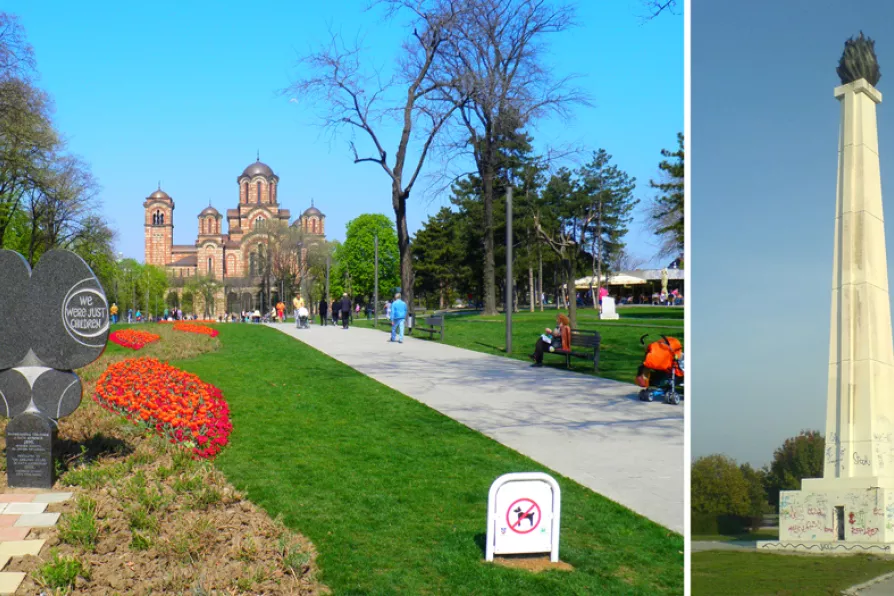Ten days after right-wing destabilisation attempts, Mexico’s leadership has emerged strengthened, securing historic labour and wage agreements, while opposition-backed protests have crumbled under scrutiny, says DAVID RABY

 VIVID MEMORY: (Above) The Tasmajdan Park memorial to the children killed by the Nato raids and (right) the Eternal Flame in Belgrade commemorating the victims of the Nato bombings
[Tasmajdan Park: Mister No/Creative Commons / Eternal Flame: Pinki/Creative Commons]
VIVID MEMORY: (Above) The Tasmajdan Park memorial to the children killed by the Nato raids and (right) the Eternal Flame in Belgrade commemorating the victims of the Nato bombings
[Tasmajdan Park: Mister No/Creative Commons / Eternal Flame: Pinki/Creative Commons]
The British Peace Assembly brings everyone gathered here greetings of solidarity and peace.
We thank the Belgrade Forum for a World of Equals and the World Peace Council for organising this most significant and timely conference commemorating the 20th anniversary (on March 24) of the start of the catastrophic Nato aggression, under the title “Lest we forget!”
We pay our respects to the many hundreds killed during the 78-day bombing campaign and to their families.

LIZ PAYNE condemns how Labour backs war in Gaza and Ukraine, and massive funding for Trident’s nuclear bombs, when billions are needed just to restore public services

Speaking to a CND meeting in Cambridge this week, SIMON BRIGNELL traced how the alliance’s anti-communist machinery broke unions, diverted vital funds from public services, and turned workers into cannon fodder for profit












